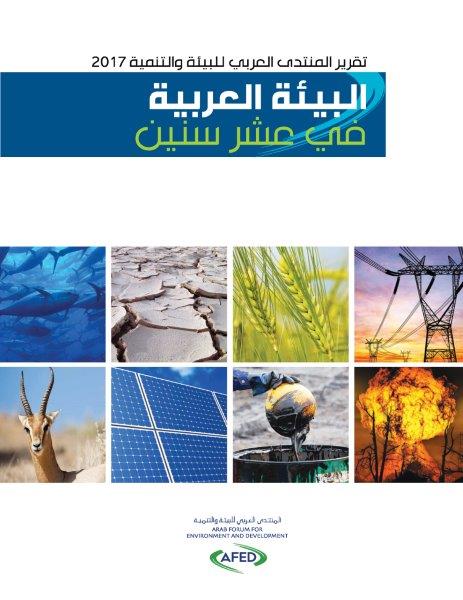| | Environment in the Kuwait Arab Summit | | by Najib Saab
February 2009
The environment, which was absent from the speeches of Arab leaders in the Kuwait socio-economic and development summit, appeared in the final declaration of the summit. Kings and presidents have endorsed the final declaration written during the preparatory meetings, and included themes that find their way for the first time into Arab summits. | | more... | |
|
|
| | Green light at the end of the economy's dark tunnel | | By Najib Saab
January 2009
The world enters a new year under the burden of two major crises that have caused havoc in 2008: the food crisis and the financial-economic crisis. The cause of the current food crises was mainly attributed to the expansion in the production of biofuels from agricultural crops that were intended to be used as food for humans. | | more... | |
|
|
|
|
|
| | Escaping forward from the environment | | By Najib Saab
March 2008
Workers in one rich gulf country went on strike last month protesting against miserable living conditions provided by a major construction firm, which is building an �artificial island�. Each six of the workers were given one room for accommodation, less than16 sq meters in area and devoid of the basic hygiene conditions. | | more... | |
|
|
|
|
|
|
|
|
|
|
 | | | Arab Environment in 10 Years | | | ARAB ENVIRONMENT IN 10 YEARS crowns a decade of the series of annual reports produced by the Arab Forum for Environment and Development (AFED) on the state of Arab environment. It tracks and analyzes changes focusing on policies and governance, including level of response and engagement in international environmental treaties. It also highlights developments in six selected priority areas, namely water, energy, air, food, green economy and environmental scientific research. |
|
 |
|
|
|
|




